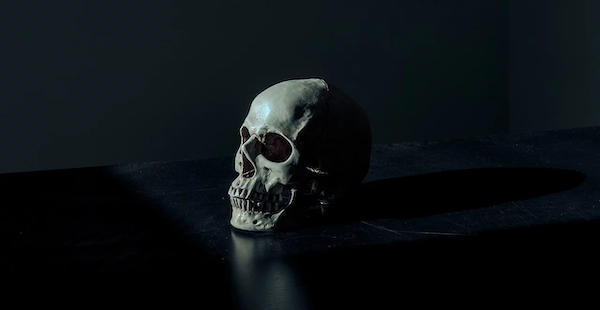
A Believer’s Last Day, His Best Day: A Review
As coronavirus sweeps our nation, the reality of death is more visible than ever before. In times like these, it is easy to try even harder to forget our mortality, and to busy ourselves with activities. Many of us can brush aside concerns by saying, “I’m young” or “I’m healthy.” But what if God intends for us to be reminded of death?
Death – sooner or later – is certain. As Thomas Brooks reminds us, “Abraham and Sarah must part, Jacob and Rachel must be separated, David and his child must be severed.” Hence, he argues that “your great business in this world [is] but to prepare for the eternal world”.
I recently had the opportunity to read A Believer’s Last Day, His Best Day, by Thomas Brooks.[1] This short book is the record of a sermon, preached by Brooks at the funeral of Mrs. Martha Randall in London in 1651. Thomas Brooks was a renowned English Puritan, a preacher and writer who even preached before the House of Commons.
Brooks’ funeral sermon contains a Dedicatory to three friends. It contains his friendly advice to them on the topic of death, urging these friends to consider their response to death. This beautiful dedication contains helpful thoughts, not only for those dealing with loss, but for any Christian who is dealing with trials in general.
Brooks then provides a Doctrine of Hope in Death. It is an extended meditation on what death does for the Christian. Essentially, Brooks argues, death is a change. It is a change from all the weariness and trouble and imperfect happiness of this world, for the perfection and bliss of the next world. For this reason, a believer’s last day really is his ‘best day.’
Finally, Brooks provides four practical applications for Christians. Because death is so good for believers, we should mourn moderately. Because it is so beneficial, we should not fear it. Because it is so certain, we should prepare for it. But we must remember that, while it is the best day of a believer, it is the worst day for the wicked.
This book is refreshing and sparkling. The author illustrates his ideas with many quotes from the Bible and from early writers, and he has a picturesque way of speaking. For example, explaining the benefits that come from death, he writes, “This made Solomon to prefer his coffin before his crown, the day of his dissolution before the day of his coronation.”
The writing style is simple – Brooks is not difficult to understand. But his thoughts are deep, worthy of consideration. Consider this quotation: “Every man is willing to go to his home, though the way that leads to it be ever so dark, dirty, or dangerous; and shall believers be unwilling to go to their homes, because they are to go through a dark entry to those glorious, lightsome, and eternal mansions that Christ has prepared for them?”
Best of all, the book is very short – the online version is only 23 pages, including introductory material. At the same time, readers shouldn’t come to this work expecting a surface-level discussion. As I said, Brooks’ writing is filled with jewels – the kind that you should take time to deeply consider.
You can easily access a free version of this book from The Chapel Library. I enjoyed the clear formatting and helpful headings and footnotes. Best of all, the text itself is not changed or abridged – only the punctuation is updated. In times like these, this is an excellent, edifying, and timely read.
[1]Chapel Library, ed., A Believer’s Last Day, His Best Day. (Pensacola: Chapel Library, 2019).



